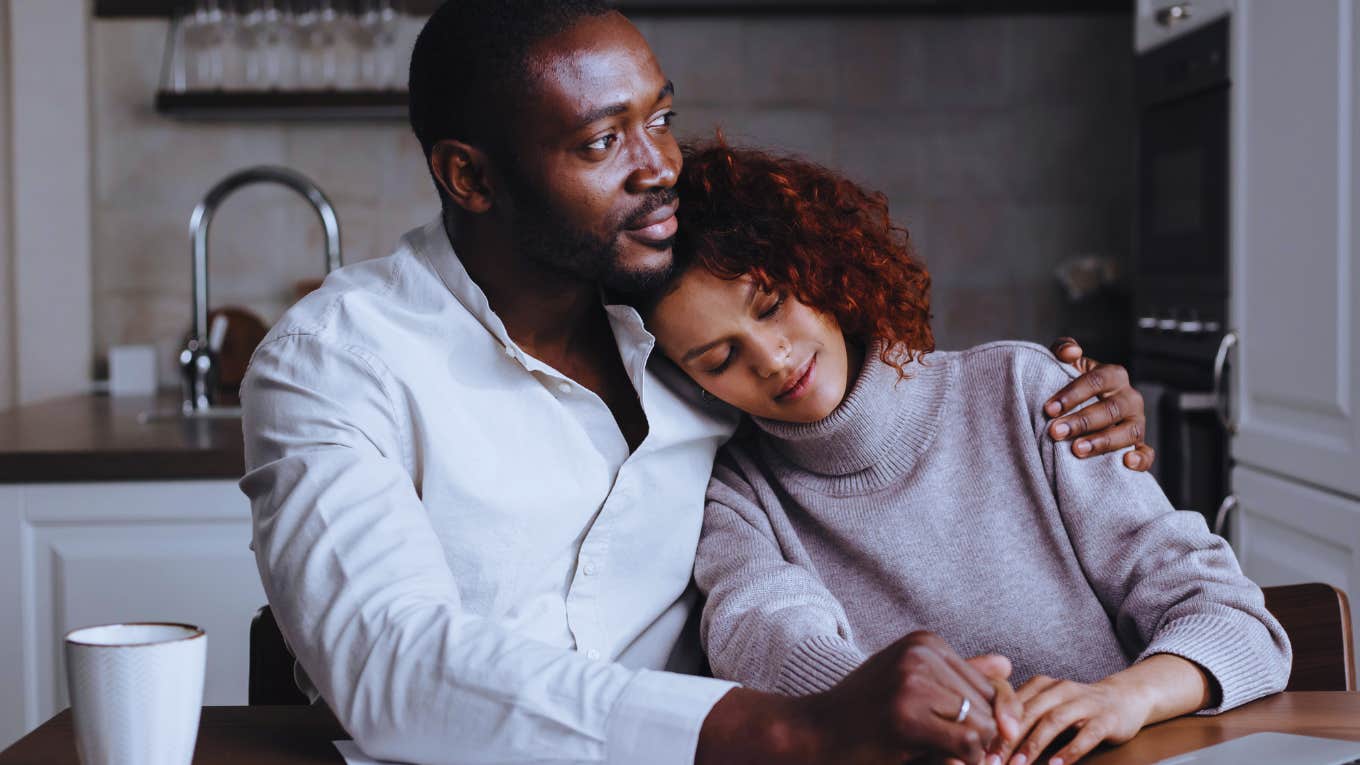The Key Ingredient Every Truly Sincere Apology Needs
Saying you're sorry just isn't enough.
 Ron Lach / Pexels via Canva
Ron Lach / Pexels via Canva When it comes to apologizing, the most common mistake we tend to make is to focus our apology on our own excuses and justifications instead of the experience of the person we’ve harmed.
In other words, as the results of a study published in 2021 show, we don’t show enough empathy.
Why We Get Apologies Wrong
It’s difficult for many of us to admit we've made a mistake at the best of times, let alone one that caused real-world, social, or emotional harm to another person. This is because owning up to interpersonal wrongdoing threatens our self-perception.
We like to think of ourselves as ‘good people’ who do not cause harm or distress to others. Admitting we have (even if we didn’t intend to), causes our defense mechanisms to snap into action and come up with rationalizations and justifications that (seemingly) excuse our behavior and thus render us "not bad people."
Causing ‘harm’ to another person doesn’t mean we’re "bad people." We all make mistakes and cause harm or distress to others regularly, whether intentionally or not.
What matters when another person is harmed by our actions or inactions is what we do once we realize it. And what matters when we decide we need to offer an apology is whether we do so effectively.
Apologies that focus on explanations and justifications have the following subtext: I see that you were hurt/harmed by my actions/inactions and I feel terrible about that, so let me tell you all my excuses so that I can feel better.
This does little for the person to whom we’re apologizing, other than perhaps, make them feel worse.
How To Do Apologies Right
The goal of every apology should be to garner authentic forgiveness. To that end, the focus of our apology has to be on the experience of the other person.
They are far more likely to forgive us if they feel we truly get:
- What we did (or didn’t do) that caused them harm
- The key ways they were impacted
That means the key ingredient for an effective apology is empathy, because only empathy will allow us to step into their shoes and understand their subjective experience — how they were impacted.
Let’s look at what an effective apology might look like if you forgot about your good friend's birthday party.
Here's the setup: You didn’t feel well all day and couldn’t wait to be done with work so you could crawl into bed and have an early night, forgetting it was your good friend’s birthday. You wake up to dozens of texts from people asking where you are and why you didn’t show up. Your friend is probably super upset.
Here's a rendition of an apology broken down by its key elements.
1. Offer a clear apology statement.
I am so incredibly sorry …
2. Include an expression of regret.
… that I didn’t make it to your birthday party last night.
3. Acknowledge that social/friendship/family norms or expectations were violated.
I had a terrible day and was in such a bad mood that I just went to bed. But there’s no excuse for not showing up and for not even calling to tell you I wasn’t coming.
4. Share an empathy statement acknowledging the full impact of your actions on the other person.
I can only imagine how upset and hurt, disappointed, and angry you must feel. I know how much work you put into the party. You must have been wondering when I would show up and I’m sure people asked you where I was. I feel terrible for putting you in such an awkward and embarrassing position.
I hope you weren’t worried and that you were able to enjoy yourself, but I feel awful that my absence might have affected your mood, your night, or the party in any way. I am so sorry I wasn’t there for you as a friend should be and that I wasn’t at your side to celebrate your birthday.
5. Make a request for forgiveness.
I know you are upset with me but I just hope you’ll be able to forgive me.
6. Include an offer to make-up (when relevant).
I would love it if you allowed me to take you out for dinner to make it up to you.
Effective apologies feel uncomfortable and require practice. They’re especially tricky because of the empathy statement.
Empathy requires taking time to think through what happened from the other person’s perspective — getting a sense of the context and circumstances of their life at that moment and how those impacted that person’s experience, as well as the fall-out from what happened — and that will take practice. So expect a learning curve.
Effective apologies can be empowering.
While it’s emotionally uncomfortable to "own up" to causing harm to another person, when you do so successfully and mend the 'rupture' between you, it will make you feel a) less guilty, b) more effective, and c) empowered, because empowerment comes from a feeling of being in control of our life and our relationships.
Offering an effective apology and getting authentic forgiveness is a great demonstration of our agency.
Guy Winch is a distinguished psychologist and acclaimed author. His work has been featured in The New York Times and Psychology Today.
